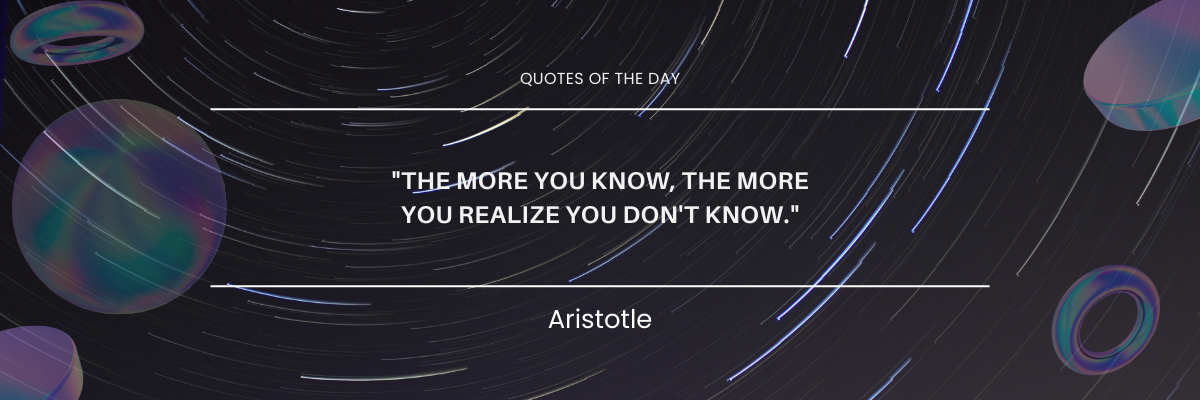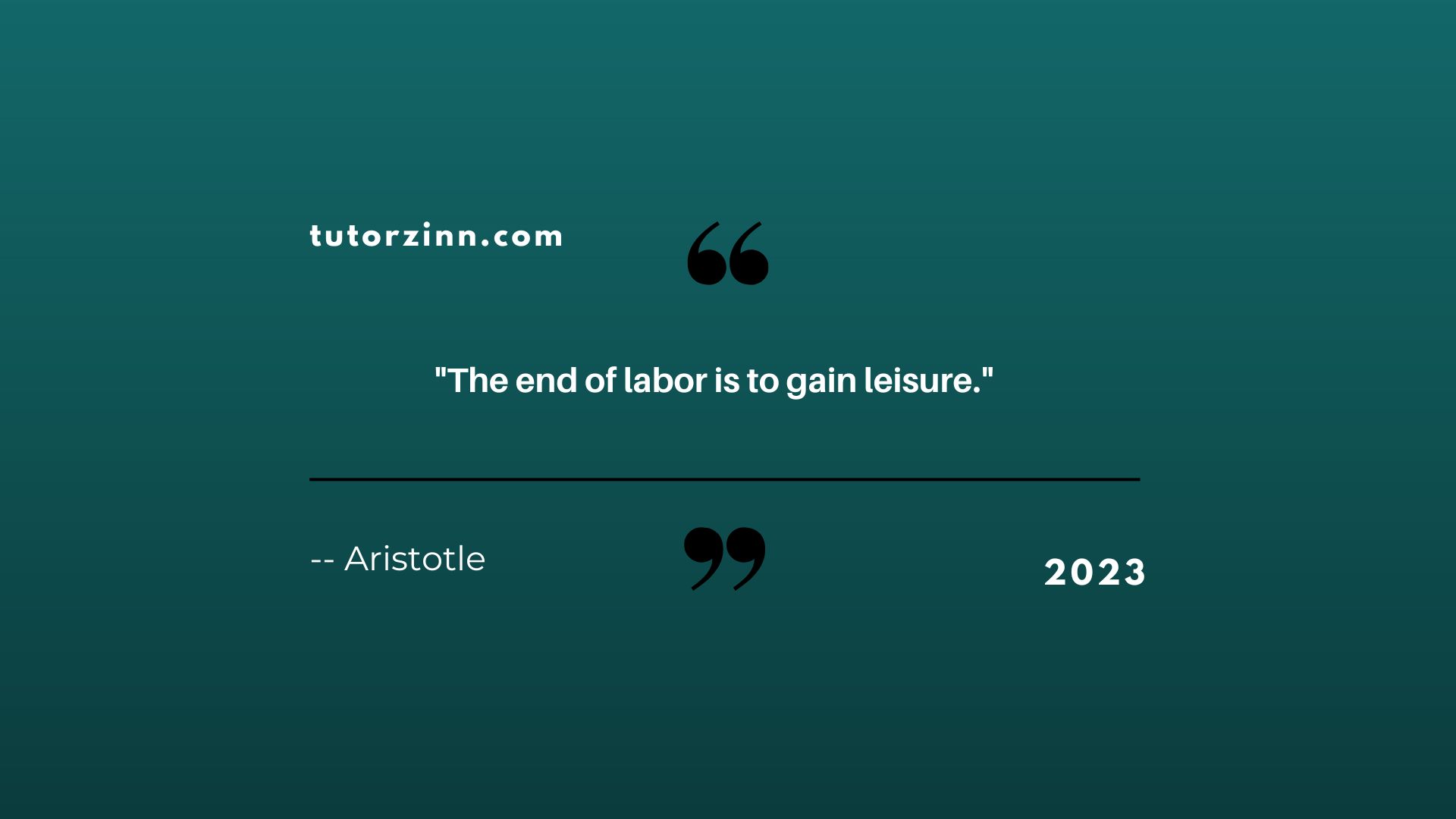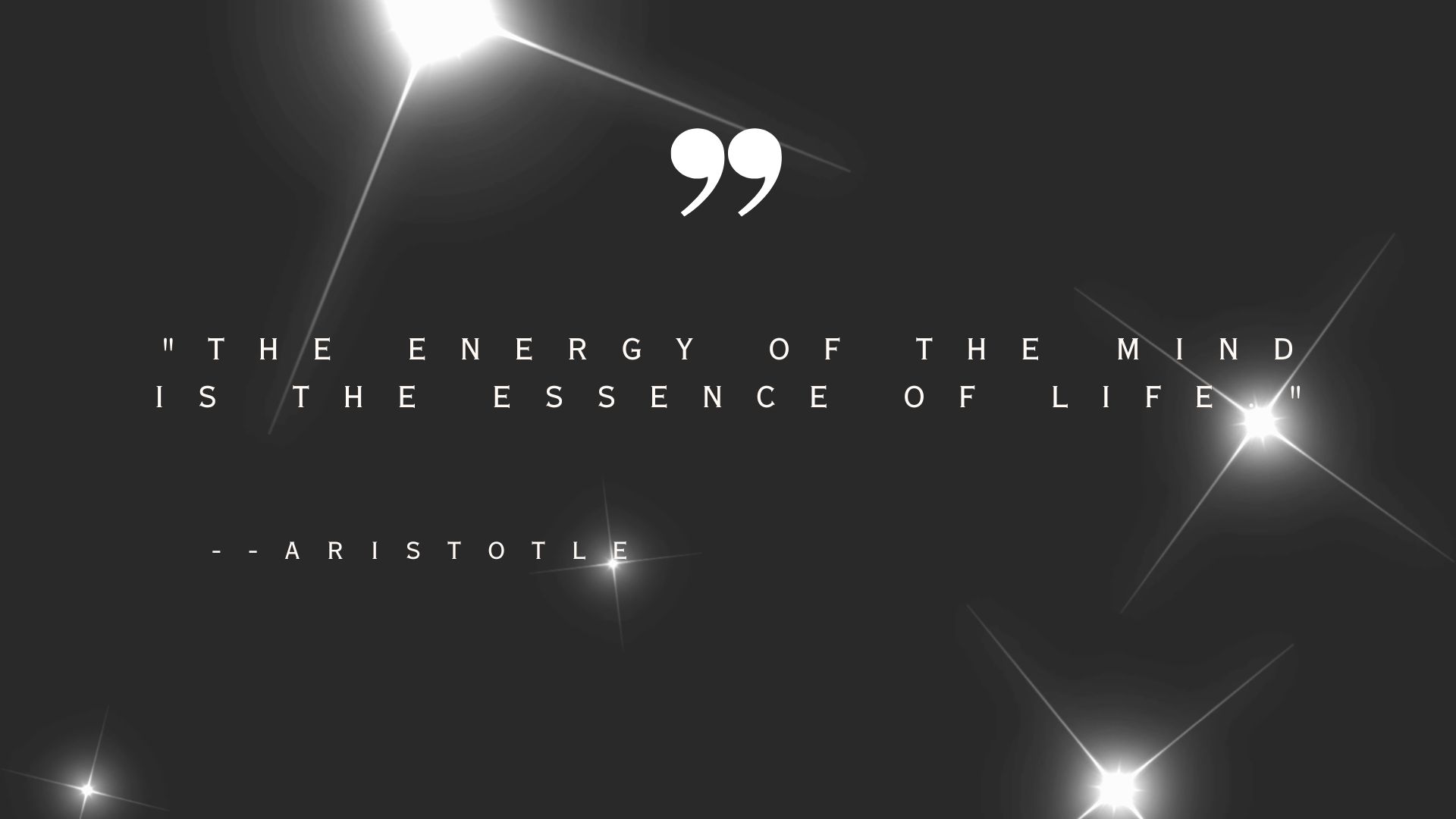“The more you know, the more you realize you don’t know.”
–Aristotle
Aristotle, the ancient Greek philosopher, once stated, “The more you know, the more you realize you don’t know.” This quote encapsulates a profound paradox of knowledge that challenges our assumptions about understanding and the pursuit of wisdom. In this explanation, we will explore the meaning behind Aristotle’s words and the various subheadings will shed light on different aspects of this profound insight.
I. The Expanding Horizon of Knowledge:
Aristotle’s quote suggests that as one acquires knowledge and deepens their understanding of a particular subject or field, their awareness of the vastness of the unknown also increases. It highlights the notion that knowledge is not finite but rather an ever-expanding realm, with each discovery leading to new questions and unexplored territories.
II. Recognizing the Boundaries of Knowledge:
The quote also emphasizes the humbling aspect of knowledge. As we learn more, we become increasingly aware of our limitations and the vast amount of information that remains beyond our grasp. This realization prompts a sense of intellectual humility, reminding us that no matter how much we know, there will always be more to learn.
III. The Pursuit of Wisdom:
Aristotle’s words highlight the importance of intellectual curiosity and the continuous pursuit of wisdom. Rather than being discouraged by the realization of our limitations, this quote encourages us to embrace the unknown, to keep seeking knowledge, and to remain open to new ideas. It suggests that wisdom lies not in claiming to know everything, but in acknowledging our ignorance and striving to expand our understanding.
IV. The Role of Perspective:
The quote also reflects the role of perspective in the acquisition of knowledge. As our understanding grows, our perspective widens, enabling us to perceive new complexities and nuances that were previously unnoticed. This expanded perspective not only reveals more unknowns but also enhances our ability to question existing knowledge and explore alternative possibilities.
V. The Importance of Intellectual Humility:
Aristotle’s quote underscores the value of intellectual humility. It reminds us that even experts in a particular field must remain open-minded and receptive to new information. Intellectual humility fosters a spirit of continuous learning and prevents intellectual stagnation, enabling us to adapt to changing paradigms and challenge existing assumptions.
Conclusion:
Aristotle’s quote, “The more you know, the more you realize you don’t know,” encapsulates a profound truth about the nature of knowledge. It acknowledges the vastness of the unknown and the never-ending pursuit of understanding. By embracing the expanding horizon of knowledge, recognizing our limitations, and maintaining intellectual humility, we can foster a lifelong journey of learning and growth.




